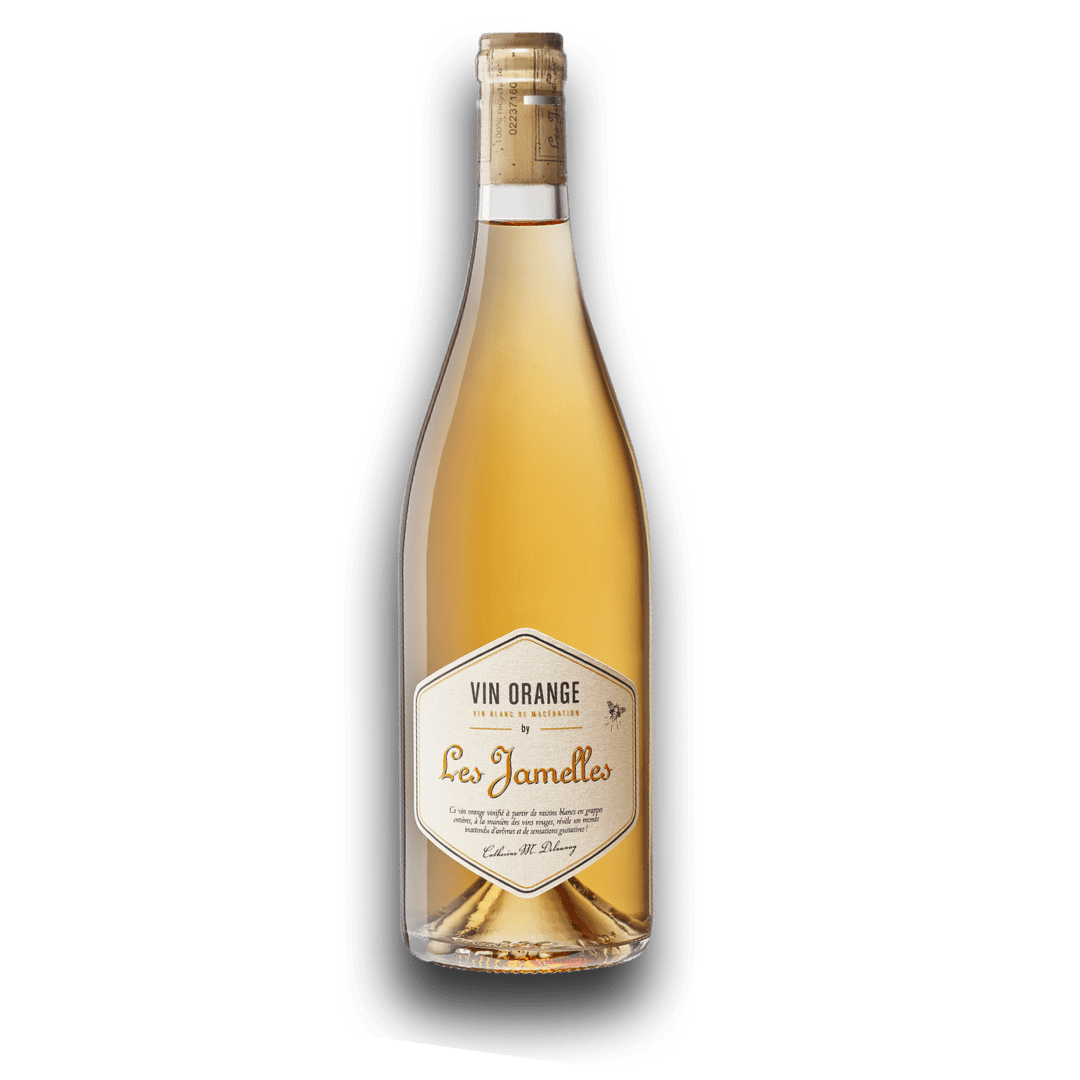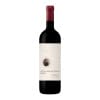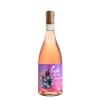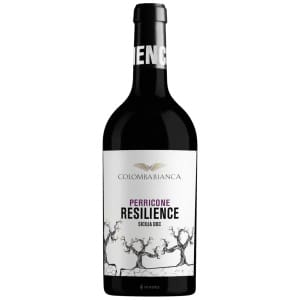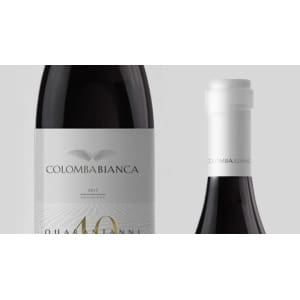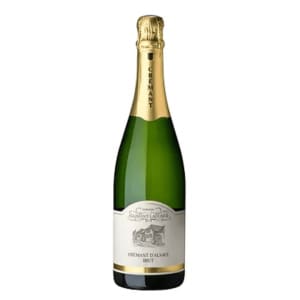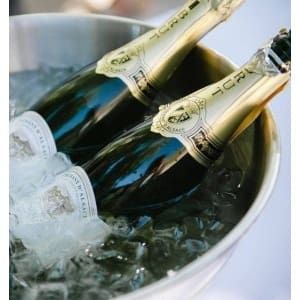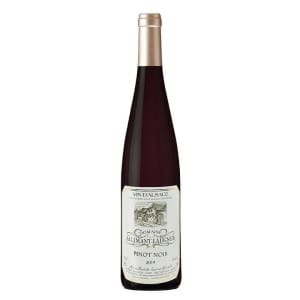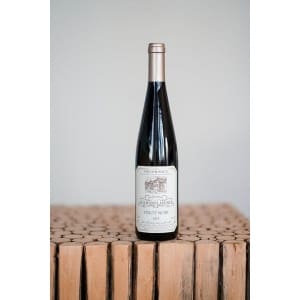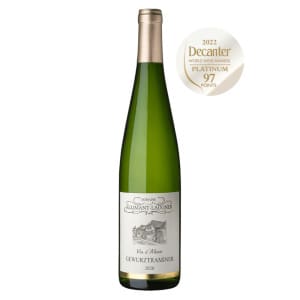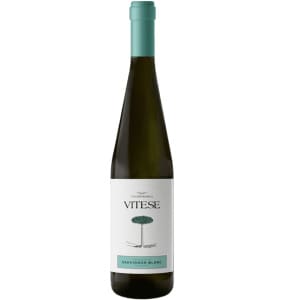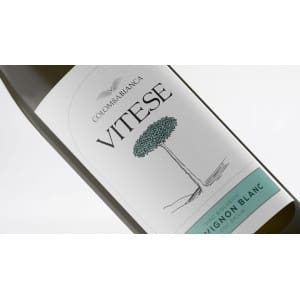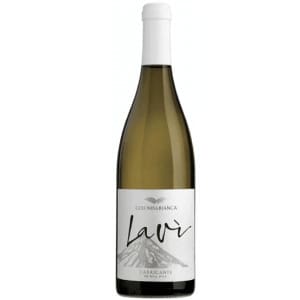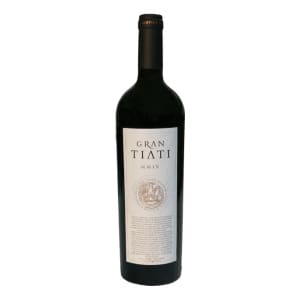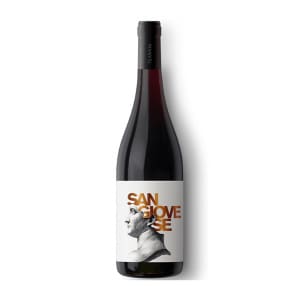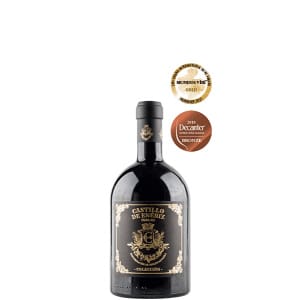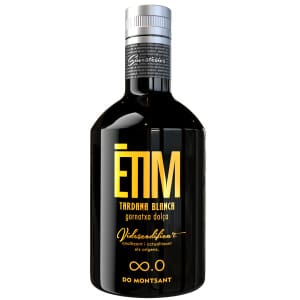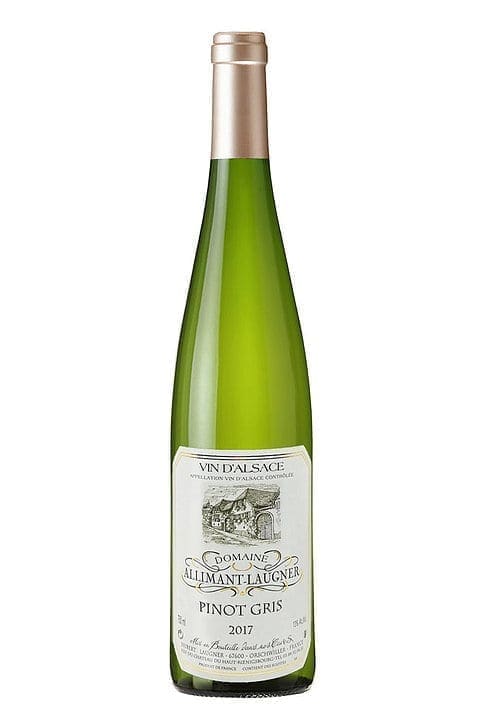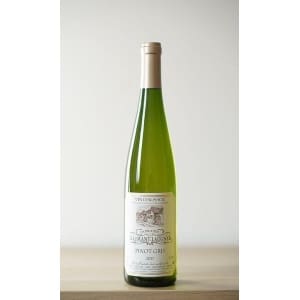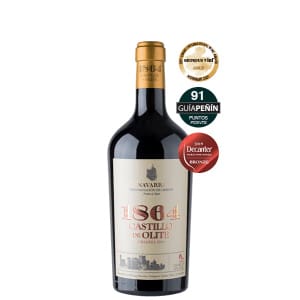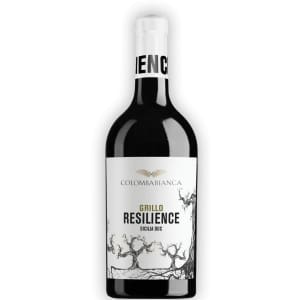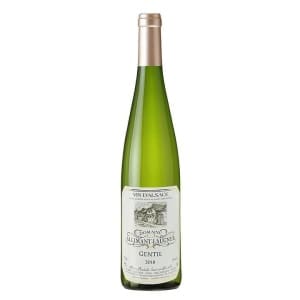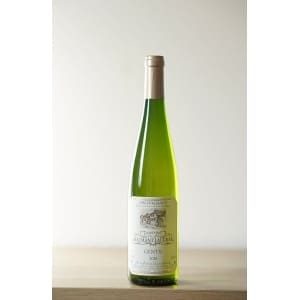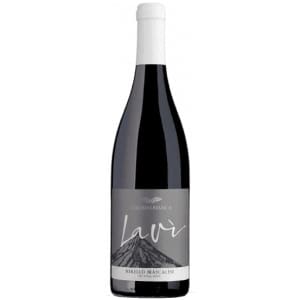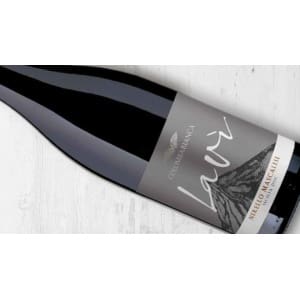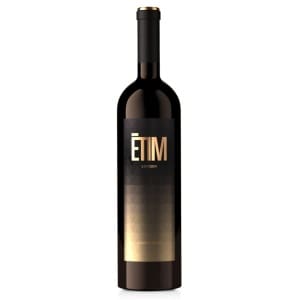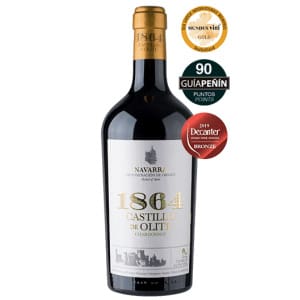Les Jamelles Orange Wine
€10.00 Original price was: €10.00.€9.00Current price is: €9.00.
For 25 years, the Les Jamelles team has acquired, under the impetus of its wine creator Catherine Delaunay, unrivalled expertise in its knowledge of Southern France’s terroirs and grape varieties.
Constantly seeking to find new ways of meeting customer expectations and tastes, she has crafted a wine, the likes of which have never before been seen in the range, an orange wine made according to a little-known winemaking technique based on the maceration of white grapes.
Let’s set off on a discovery of this atypical cuvée that is sure to delight wine lovers looking for surprising new tasting experiences!
Grape variety
Grenache Blanc, Viognier, Muscat, Gewurztraminer and Chenin
Terroir(s)
See the interactive terroirs map
The grapes come from vines planted in calcareous clay soil on gentle slopes in the foothills of the Montagne Noire. This hot terroir lends length and structure to the wine.
Vinification
The Grenache Blanc grapes are harvested at their peak of ripeness so that the fruit is juicy and expressive. The Viognier are allowed to overripen to extract a maximum of aromas and flavours, while the Muscat grapes are harvested earlier to take advantage of their fruit-forward freshness.
Orange wine is a macerated white wine made from white grapes. The grapes are therefore transferred to tanks without being crushed. Cuvaison lasts approximately 8 days, with daily pump-overs during the first few days before the grapes are left to macerate. They are pressed in a pneumatic press and separated so that only the free-run juices are retained. The wine is then aged for several months on fine lees.
More
Tasting
Slightly coppery orange in colour, very different in aspect from a rosé, this macerated white wine features an atypical and very interesting palette of aromas redolent of subtle, spicy notes of ginger, cumin, juniper berry, clove, and gingerbread, as well as nuances of candied citrus fruit, orange zest and bergamot. Very delicate, fresh, smooth and harmonious on the palate. The same citrus notes perceived on the nose reappear on the palate along with floral notes (wallflower, nasturtium), finishing on a slightly peppery note (black pepper) due to light tannins that leave an impression of freshness and tautness.
Food & Wine
Orange wine is suited to a wide variety of pairings.
Serve chilled (10-12°C) as a fine match for assorted tapas or as an accompaniment to a meal featuring Mediterranean vegetables (a tian, slow-roasted eggplant or bell peppers in olive oil). Catherine Delaunay particularly recommends serving it with Asian cuisine, skewered prawns or even an Indian curry.
Related products
Navarra
Navarra
Italy
Red Wine

